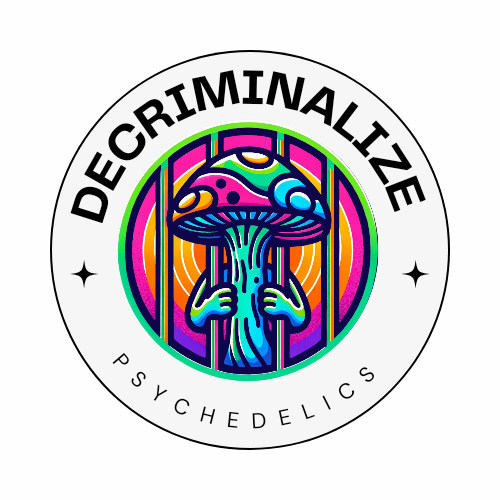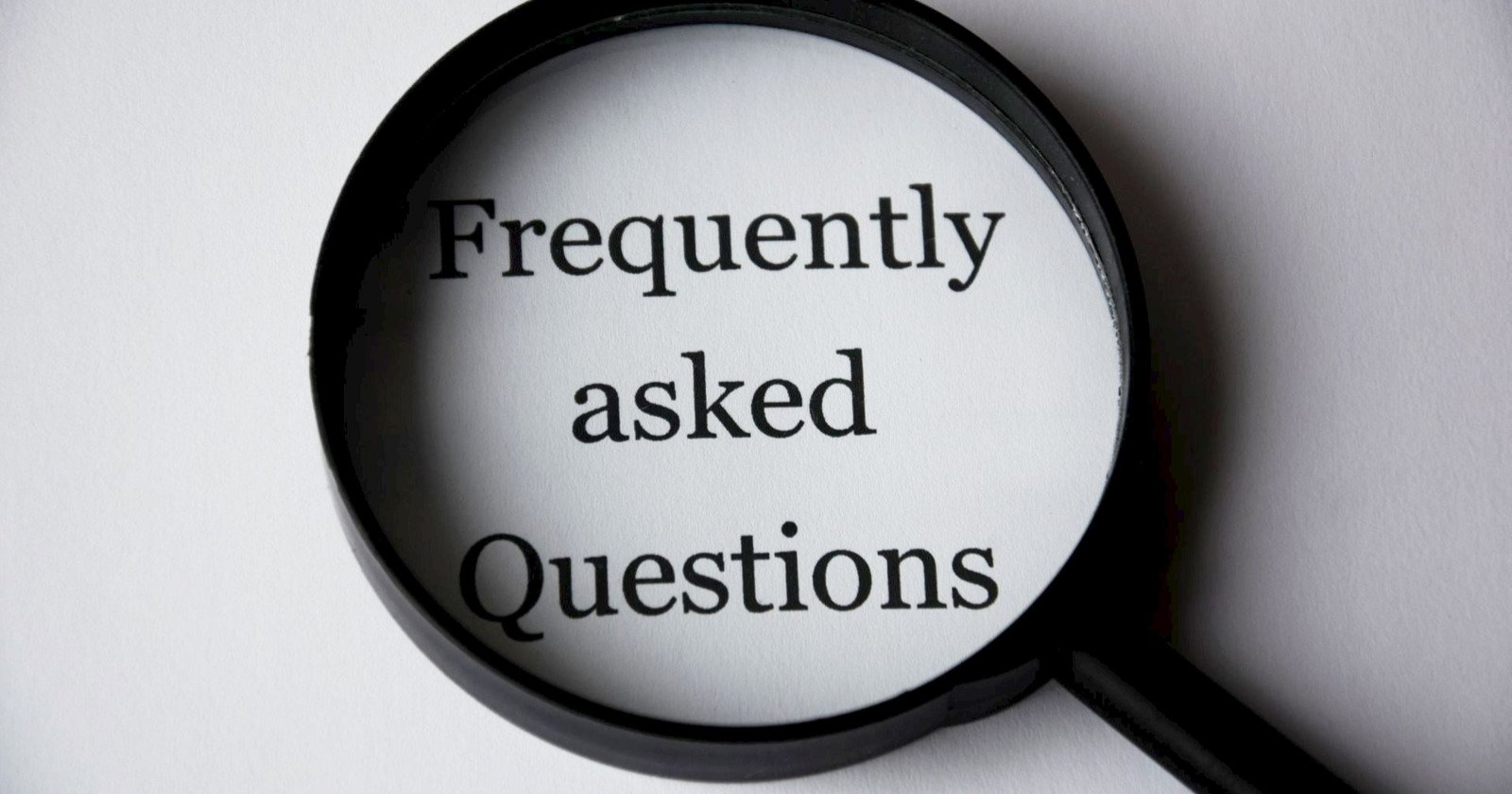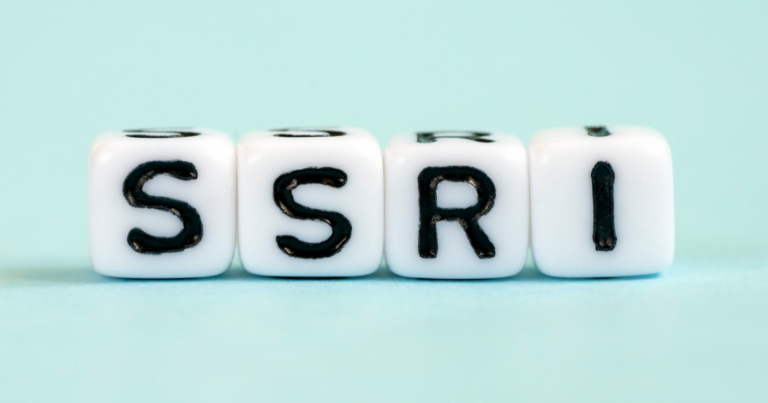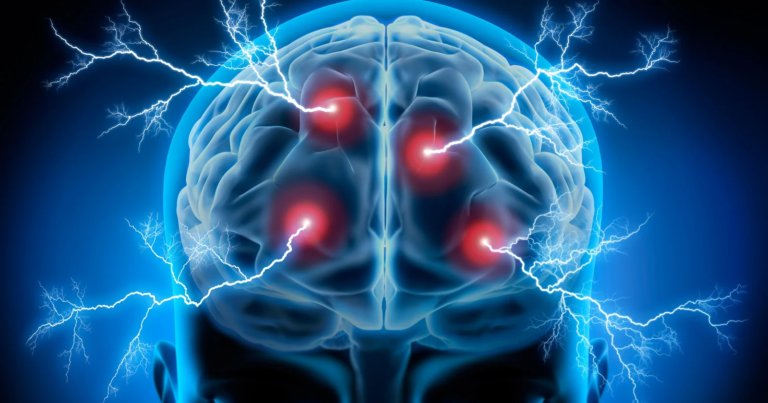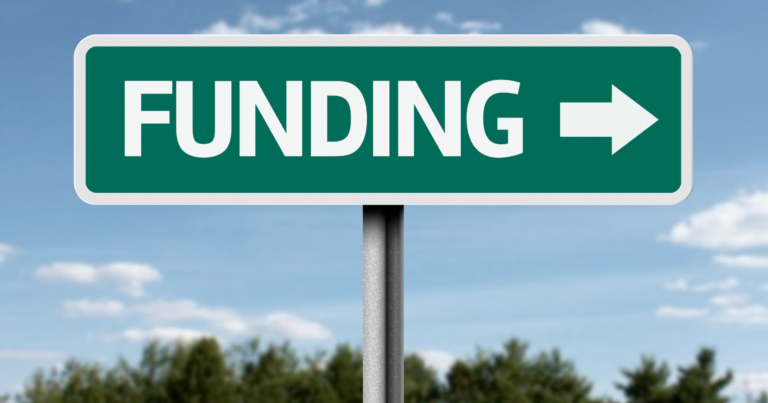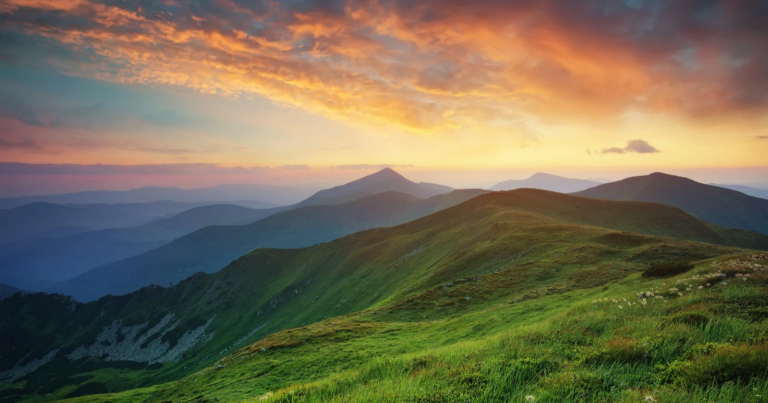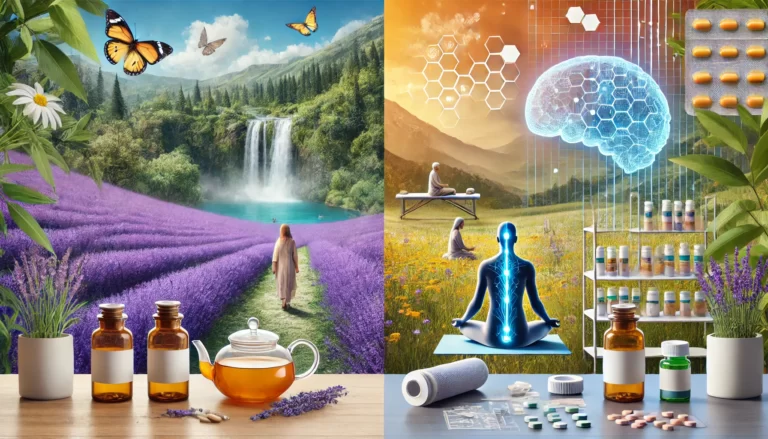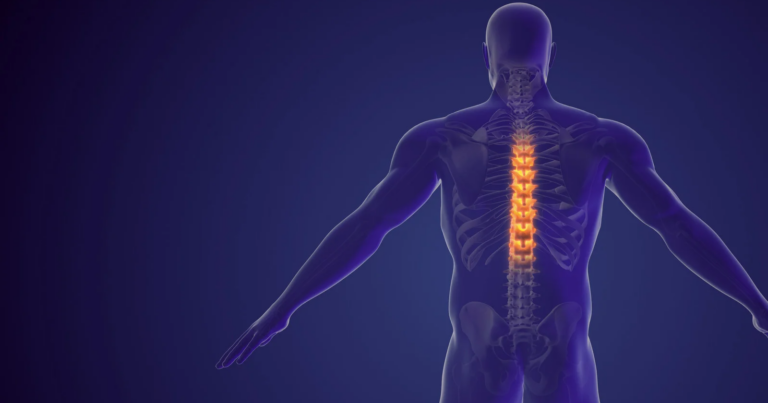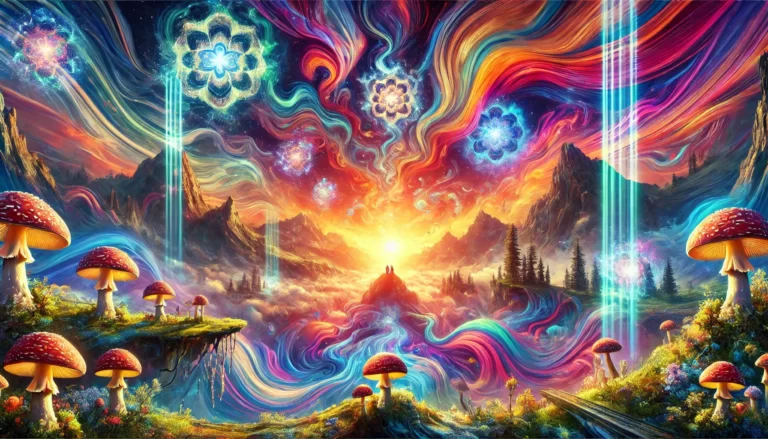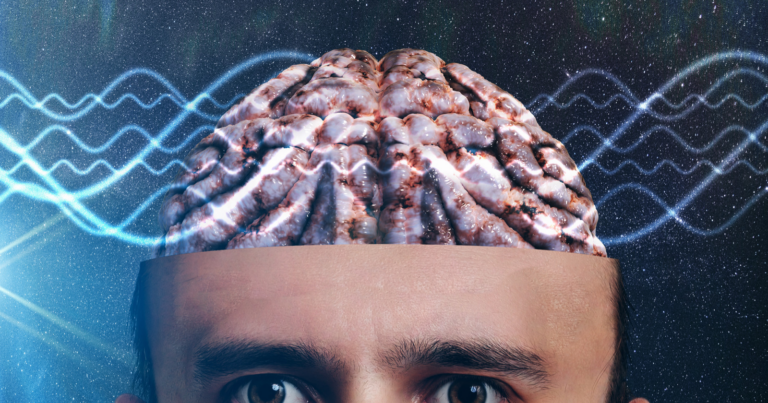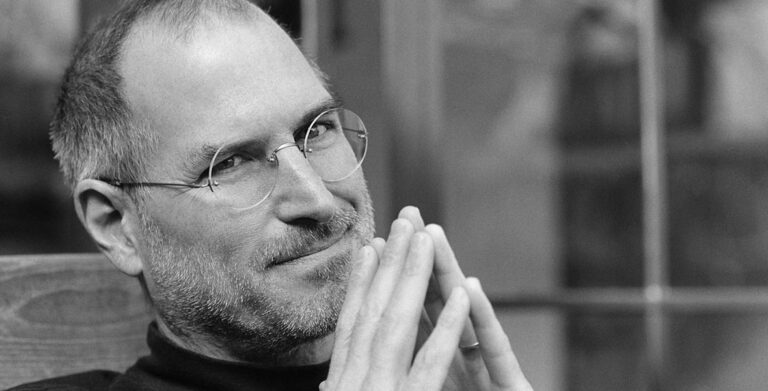Psychedelics are making headlines about decriminalization.
Maybe you’re curious, perhaps even a little confused, about what this all means.
Loads of people are asking questions – trying to wrap their heads around this shift in attitude towards these potent substances.
And if you’re one of these people, you’re in the right place.
Here, we explore those burning questions you have about psychedelic decriminalization.
Don’t worry, I won’t get too legal or scientific on you…
What Exactly is Psychedelic Decriminalization?
I remember when I first came across the term ‘decriminalization’ in relation to psychedelics, and, boy, it had me puzzled.
It’s a big word, isn’t it?
But don’t worry, it’s not as complex as it seems.
Decriminalization simply means reducing or removing the legal penalties associated with the use and possession of psychedelic substances.
It’s like when your mom caught you with your hand in the cookie jar and instead of grounding you, she just wagged her finger and told you not to do it again.
In essence, it’s a shift from punishment to understanding and harm reduction.
Why are People Pushing for it?
Now, this is a question that had me scratching my head too.
Why would anyone want to decriminalize substances that have been demonized for decades?
Well, I’ll tell you a story.
A good friend of mine suffered from severe depression for years. She tried every kind of therapy and medication there was, but nothing seemed to work. Then she had a guided psilocybin session (that’s magic mushrooms in layman’s terms), and it changed her life.
She’s not alone. Research shows that psychedelics can have profound therapeutic effects.
So, the push for decriminalization?
It’s about acknowledging these potential benefits and moving towards a more compassionate approach to drug use and addiction.
What’s the Current Status of Psychedelic Decriminalization?
There’s a growing wave of psychedelic decriminalization across the globe.
For instance, in the United States, cities like Denver, Oakland, and Santa Cruz have decriminalized psilocybin, the active compound in magic mushrooms.
And this isn’t just happening in the United States.
Portugal decriminalized all drugs back in 2001, a move that drastically reduced drug-related deaths and HIV infection rates.
Does Decriminalization Mean Anyone can use Psychedelics?
Decriminalization doesn’t mean an open season for psychedelic use.
It’s not about encouraging or glamorizing drug use. It’s about addressing the issue with empathy and understanding instead of punishment.
Imagine a young man struggling with addiction, caught in a cycle of drug use and legal penalties.
With decriminalization, instead of being treated like a criminal, he’s offered help and support to overcome his struggles.
It’s about compassion, fostering an environment where people who need help can get help. And that’s something we can all get behind, right?
What Impact will Decriminalization have on Society?
Now, this one hits close to home for me. My hometown is one of those places that has recently decriminalized psychedelics.
The immediate change?
Well, it’s not like everyone is suddenly tripping on shrooms. But there’s a palpable shift in attitude.
There’s less fear, less stigma. People are more open to discussing their experiences and seeking help if they need it.
And the long-term impact?
It’s early days yet, but the hope is that we’ll see fewer people tangled in the criminal justice system for minor drug offenses and more people getting the help they need. Only time will tell, but it’s a step in the right direction.
Are there Risks Involved with the use of Psychedelics?
Let’s not beat around the bush here. Psychedelics are powerful substances. They can offer profound experiences, but they do come with risks.
I’ve heard stories from people who’ve had terrifying experiences on psychedelics, commonly known as ‘bad trips.’
These experiences can leave mental scars and cause serious distress. There are also physical risks, particularly when these substances are mixed with other drugs or taken in unsafe environments.
Decriminalization aims to mitigate these risks by promoting harm reduction practices and safe use education.
What does the Future look like for Psychedelic Decriminalization?
Now, I don’t have a crystal ball, but if I had to guess, I’d say the future looks pretty promising.
More and more people are becoming aware of the potential benefits of psychedelics. Research is progressing, attitudes are changing, and laws are slowly catching up.
Of course, there will be bumps along the way, but the movement towards decriminalization seems unstoppable.
What about the Medical use of Psychedelics?
This is where things get really interesting for me. Did you know that the FDA has granted ‘breakthrough therapy’ status to psilocybin therapy for treatment-resistant depression? That’s a big deal!
It means that they recognize the potential benefit of this therapy and are speeding up the research process.
Who knows?
We might soon see psychedelic clinics popping up alongside regular health clinics.
How can I Learn more about Psychedelic Decriminalization?
If you’ve come this far with me, I’m guessing you’re genuinely interested in this topic. And why wouldn’t you be? It’s fascinating!
There are plenty of resources out there if you want to delve deeper. Websites like MAPS (Multidisciplinary Association for Psychedelic Studies) are a wealth of information. And don’t forget to stay updated on the latest scientific research.
Remember, knowledge is power.
The more we understand about psychedelics and their potential, the more informed decisions we can make.
